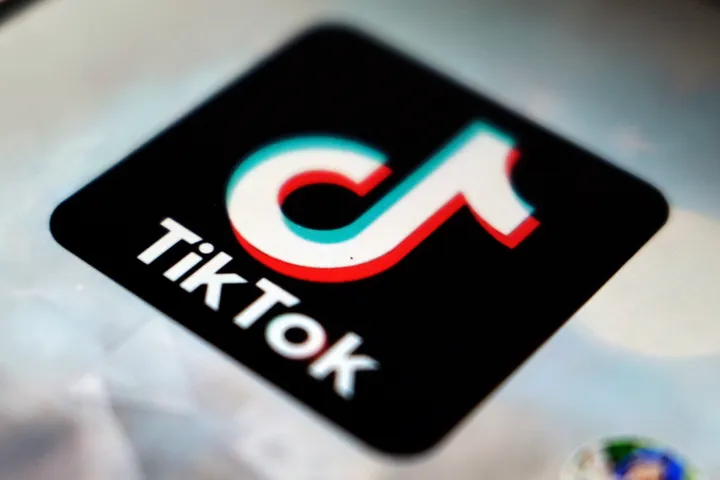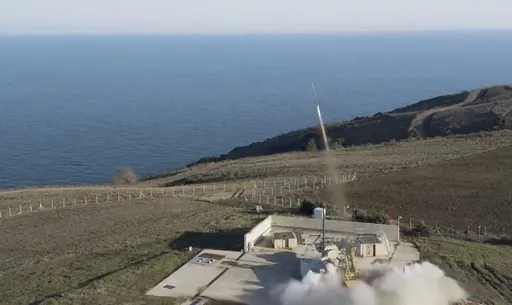Apple Inc will open a second US campus as part of a 5-year, $30 billion US investment plan and will make about $38 billion in one-time tax payments on its overseas cash, one of the largest corporate spending plans announced since the passage of a tax cut signed by US President Donald Trump.
Between the spending plan, tax payments and business with US-based suppliers, Apple on Wednesday estimated it would spend $350 billion in the US over the next five years.
Apple, however, did not say how much of its $252.3 billion in cash abroad, the largest of any US corporation, it would bring to the United States, after the US tax changes cut costs on bringing funds back from overseas.
It also did not say whether the spending plan was driven by the new tax law. Apple has traditionally declined to publicly announce its spending plans.
The iPhone maker, whose products are mostly made in Asian factories, said it plans a wave of investing and hiring in the United States and will create 20,000 jobs through hiring at its existing campus and the new one. It will announce the location later this year.
About a third of the new spending will be on data centres to house its iCloud, App Store and Apple Music services, a sign of the rising importance of subscription services to a company known for its computers and gadgets.
The company has data centres in seven states and also on Wednesday broke ground on an expansion of its operations in Reno, Nevada, where local officials granted it tax breaks on a downtown warehouse.
The US spending would be a significant part of Apple's overall capital expenditures. Globally, the company spent $14.9 billion in 2017 and expects to spend $16 billion in 2018, figures that include both US-based investments in data centres and other projects and Asian investments in tooling for its contract manufacturers.
If Apple's overall capital expenditures continue to expand at the same rate expected this year, the $30 billion investment in the US could represent about a third of its capital expenditures over the next five years.
The announced tax payment was roughly in line with expectations, said Cross Research analyst Shannon Cross. The tax bill requires companies to pay a one-time tax on foreign-held earnings whether they intend to bring them back to the United States or not.
Apple had set aside $36.3 billion in anticipation of tax payments on its foreign cash, meaning the payment would not represent a major impact on its cash flow this quarter.
Apple also said it would boost its advanced manufacturing fund, which it uses to provide capital and support to suppliers such as Finisar Corp and Corning Inc, from $1 billion to $5 billion. Apple said it plans to spend $55 billion with US-based suppliers in 2018, up from $50 billion last year.
























